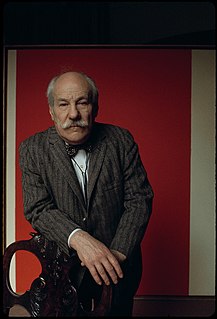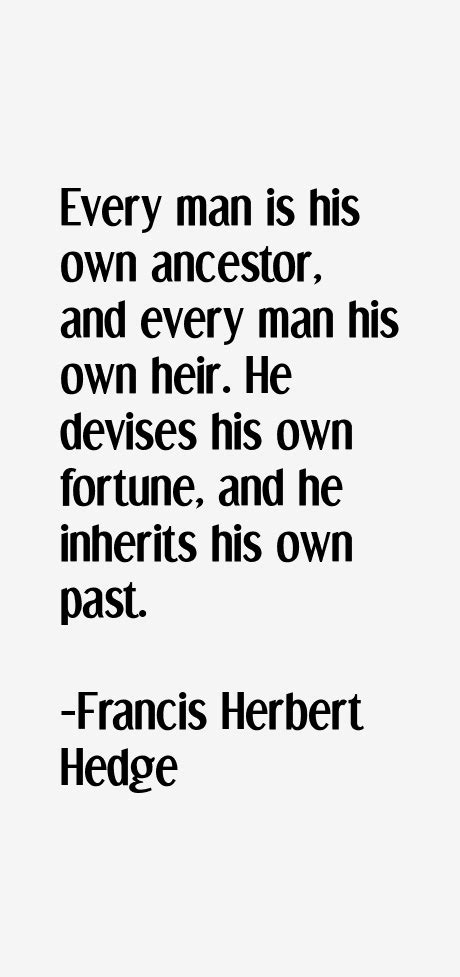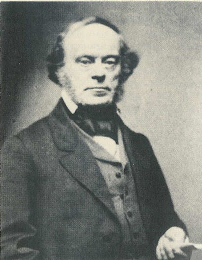A Quote by George Herbert
Every man's censure is first moulded in his own nature.
Related Quotes
Believing, repenting, and the like, are the product of the new nature; and can never be produced by the old corrupt nature... as the child cannot be active in his own generation, so a man cannot be active in his own regeneration. The heart is shut against Christ: man cannot open it, only God can do it by his grace.
Where no man thinks himself under any obligation to submit to another, and, instead of co-operating in one great scheme, every one hastens through by-paths to private profit, no great change can suddenly be made; nor is superior knowledge of much effect, where every man resolves to use his own eyes and his own judgment, and every one applauds his own dexterity and diligence, in proportion as he becomes rich sooner than his neighbour.
There are three kinds of nature in man, as Nicetas Stethatos further explains: the carnal man, who wants to live for his own pleasure, even if it harms others; the natural man, who wants to please both himself and others; and the spiritual man, who wants to please only God, even if it harms himself. The first is lower than human nature, the second is normal, the third is above nature; it is life in Christ.







































